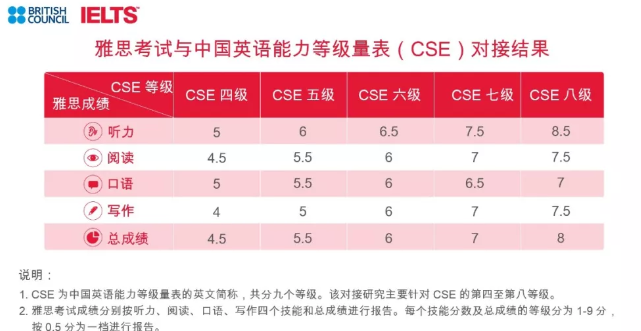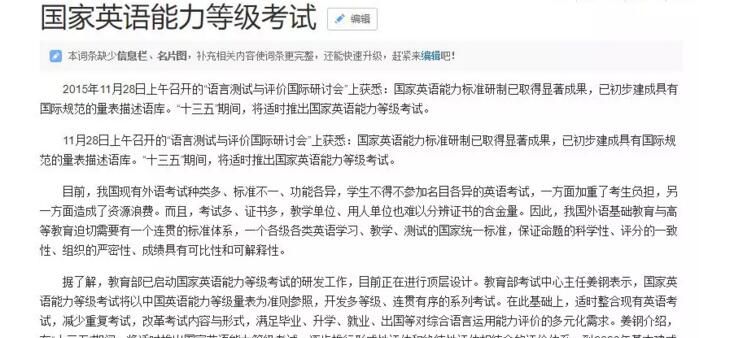四川-杜甫草堂英文导游辞
|
Du Fu(712~770)Thatched Cottage used to be the former hone of Du Fu, one of the greatest poets in the Tang Dynasty. Located in the western suburbs of Chengdu, the spot is marked by a stream, ancient style architecture, pavilion pagodas and age -old trees. The cottage consists of six important parts, They are the Front Gate, the Lobby, the Hall of poem History, the Water Pavilion, the Gongbu Shrine and the Thatched Cottage. At the time of the Tang Dynasty, Du Fu's poetry first came to be recognized. Readers of many different periods have considered Du Fu to be the greatest poet of the Chinese tradition. Such general agreement can partially be explained by the immense variety of his work, which holds up quite well to different tastes and historical changes in fashion. Like Shakespeare in English tradition, Du Fu's poetry came to be so deeply bound up with the constitution of literary value that generation after generation of poets and critics rediscovered themselves and their interests in some aspect of the poet' Chinese critics from the Song Dynasty referred to Du Fu as the"poet-historian". Both before and after the An Lushan Revolt, Du Fu witnessed a typical political and social situation; the common people still lived in poverty while the emperor and his top officials enjoyed a foolishly luxurious life. He composed many poems such as "Song of the War Chariots", "Three Officials",and "Three Departures"。His poems expressed his dissatisfaction with the government and his great pity for the common people. Du Fu used his poems to comment on current events and historical images. Du Fu became the historian by creating his responses to particular situations. Du Fu was talented. When he was young, he wanted to get a good job in the government. Unfortunately Du Fu was refused several times. He was in his fifties when he began to serve as a minor official in Changan (Xi'an). Gongbu was his official title and probably he was in charge of the lical industry. Du Fu was not a skilled survivor in government politics. He was dismissed in the form of a transfer to the post of personnel administrator in Huazhou and so left Changan. Du Fu soon gave up this minor post in disgust and set off with his family to Qinzhou in the Northwest. After a short stay he moved on again and in 759 he arrived in Chengdu. He set up a modest cottage with some money he borrowed from his friend who served as a local governor. In the cottage he had a simple and peaceful life for three years, writing about 240porms. Mostly inspired by the cottage, the stream nearby and the scenery in Chengdu. These poems give the impression that he was happier in Chengdu than any other time in his life. The poems of this period sound relaxed and happy. Here are some of them. In Chengdu the flutes and the strings You hear them so loud even in the daytime The melody fades in the river wind And half in the towering clouds above us Oh it should never be played here It belongs to the emperor's hraven We thank you for what is not ours But the emperor will be hearing it also Two yellow orioles sing in the tenser green willow A line of herons crosses the blue sky When you open the west-facing window The snow is framed in the summit of the mountain And the ships that will sail east for Dong Wu They lie at anchor in the sun-filled doorway A good rain knows its season It brings thins to life right in spring It enters the night, unseen with the breeze It moistens things gently and without sound Du Fu left Chrngdu after 762 and wandered in the southern provinces and eventually died of illness in 770. After his death, the people if Chrngdu built a shrine on the site of his garden to honor him. Since then, it brcame the custom to visit on the seventh day of the lunar month(around the middle of February). An ancient couplet still hangs on the top of the front door. It reads:"锦江春风公占却,草堂人日我归来。"It was written by a scholar of the Qing Dynasty, whose name was He Shaoji. The couplet means that Du Fu owned the Jingjiang river and the spring breeze; on the seventh day of the first lunar month did I come to visit his cottage. The original cottage no longer exists and the buildings within the cottage compound. South west of the city, have been repaired and added to thirteen times since the eighth century. The Gongbu Shrine is at the center of the six important sites in the cottage compound……It is a small hall in the eastern section of the grounds, dedicated to the memory of Du Fu. It contains a statue of du fu flanked by ghose of two other poets; Huang Tingjian(1045-1105)on the right and Lu You (1125-1210)on the left. |








